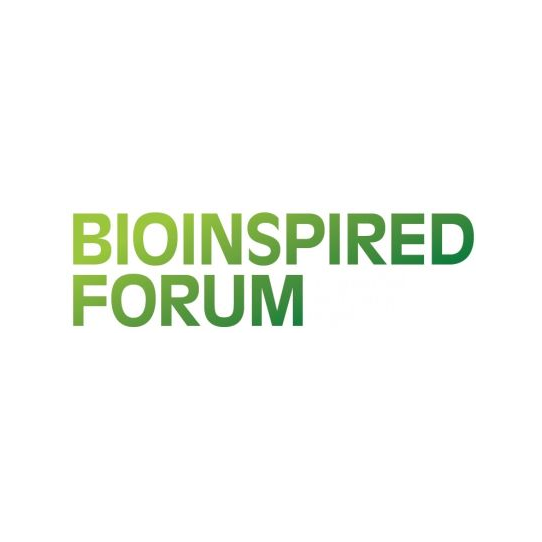SwePass – National Platform to Strengthen Traceability in Value Chains
2025.04.21

The overarching goal for SwePass is to position Sweden at the forefront of digitalization, standardization, and sustainable material management.
SwePass is a new national platform aimed at strengthening traceability in value chains and helping Swedish industry meet increasing sustainability requirements. The initiative is coordinated by RISE and funded by Vinnova. Axfoundation is participating in two work packages: a textile demonstrator and a policy lab.
SwePass was born out of the Vinnova-funded project Trace4Value, where the need for a national platform was identified. Now, SwePass brings together partners from several different industries to tackle the complex challenge of transitioning to sustainable systems and moving toward climate-neutral and circular production with resource-efficient and resilient value chains. The platform involves stakeholders from the textile, construction, and recycling industries, as well as tech providers, standardization bodies, and academia.
The overarching goal is to position Sweden at the forefront of digitalization, standardization, and sustainable material management. Practical demonstrators, knowledge dissemination, and policy influence are some of the platform’s areas of work.
SwePass connects to several of Axfoundation’s previous initiatives, including ProPare, which piloted product passports, and The Fiber Traceability Initiative, which developed a prototype for traceability in a wool value chain. It is also linked to the newly launched project ReValue, which focuses on reuse and logistics solutions.
The textile demonstrator, in which Axfoundation participates, tests how digital tools and different data carriers for digital product passports, such as RFID, can improve traceability in textile flows and support effective sorting for reuse and recycling.
This work package supports SwePass’s overarching goal of promoting innovation, improving material recycling, and contributing to a circular economy. Actors from across the entire value chain are involved.
– Catrine Marchall, Senior Project Manager at RISE.
In the SwePass policy lab, the focus is on connecting industry needs with upcoming regulations such as the Ecodesign for Sustainable Products Regulation (ESPR). Through workshops, dialogue with authorities, and efforts in standardization, the policy lab helps shape policies that both promote innovation and facilitate companies’ transition to circular and traceable business models.
Axfoundation contributes knowledge and experience on business models and data use that enable practical circularity.
We are testing how digital tools can create real value for businesses and society, not just to meet legal requirements, but to accelerate the transition toward more sustainable business models. It’s particularly exciting to gather the entire value chain around concrete tests, where both technology and business perspectives come together.
– Stina Behrens, Project Manager for Future Materials at Axfoundation.
Partners
SwePass partners include: ASKET, Axfoundation, Chalmers Industriteknik, Delogue, Filippa K, GS1 Sweden, Helly Hansen, Ragn-Sells, Saint Gobain, and Tomra. The coordinator is RISE.
All partners in the Textile Demonstrator: Asket, Axfoundation, Chromaway, Delogue, Elis Textilservice, Filippa K, Helly Hansen, Human Bridge, J.Lindeberg, Papertale, SML Scandinavia, Ted Bernhardtz At Work AB.
Other national platforms Axfoundation is involved in: SwePass, FibRe, Nordic Wool Initiative, Blå mat, PLATE, and PLENTY. Activities and results are communicated continuously.
About Digital Product Passports (DPP)
The Digital Product Passport (DPP) is a set of sustainability data that enables circular products and business models. A consistent digital representation of a physical product creates an improved information exchange along the supply chain, enabling the verification and management of product sustainability.
A product passport means that each product has a unique identity that can be linked to one or more data sources with information about that particular product. The product passport enable businesses and consumers access to product information directly from the supplier or other data sources chosen by the supplier. The information may cover the product’s sustainability performance, origin, warranty, recycling and instructions for installation or repair. (Source GS1)
The new EU regulation
Europe is at the beginning of its transformation to a more circular economy and aims to become the world’s most sustainable region. Digital Product Passports are part of a new EU framework – the Ecodesign Sustainable Products Regulation (ESPR), as part of the EU Green Deal, aiming to meet Europe’s commitment to the Paris Agreement and the UN Sustainable Development Goals (SDGs) .
The proposal covers almost all physical products on the European market in all product areas with the exception of food, pet food and medical products where other legislation with similar requirements applies. The regulation was adopted in April 2024 and the rules will be rolled out gradually until approximately 2030. (Source GS1)















































